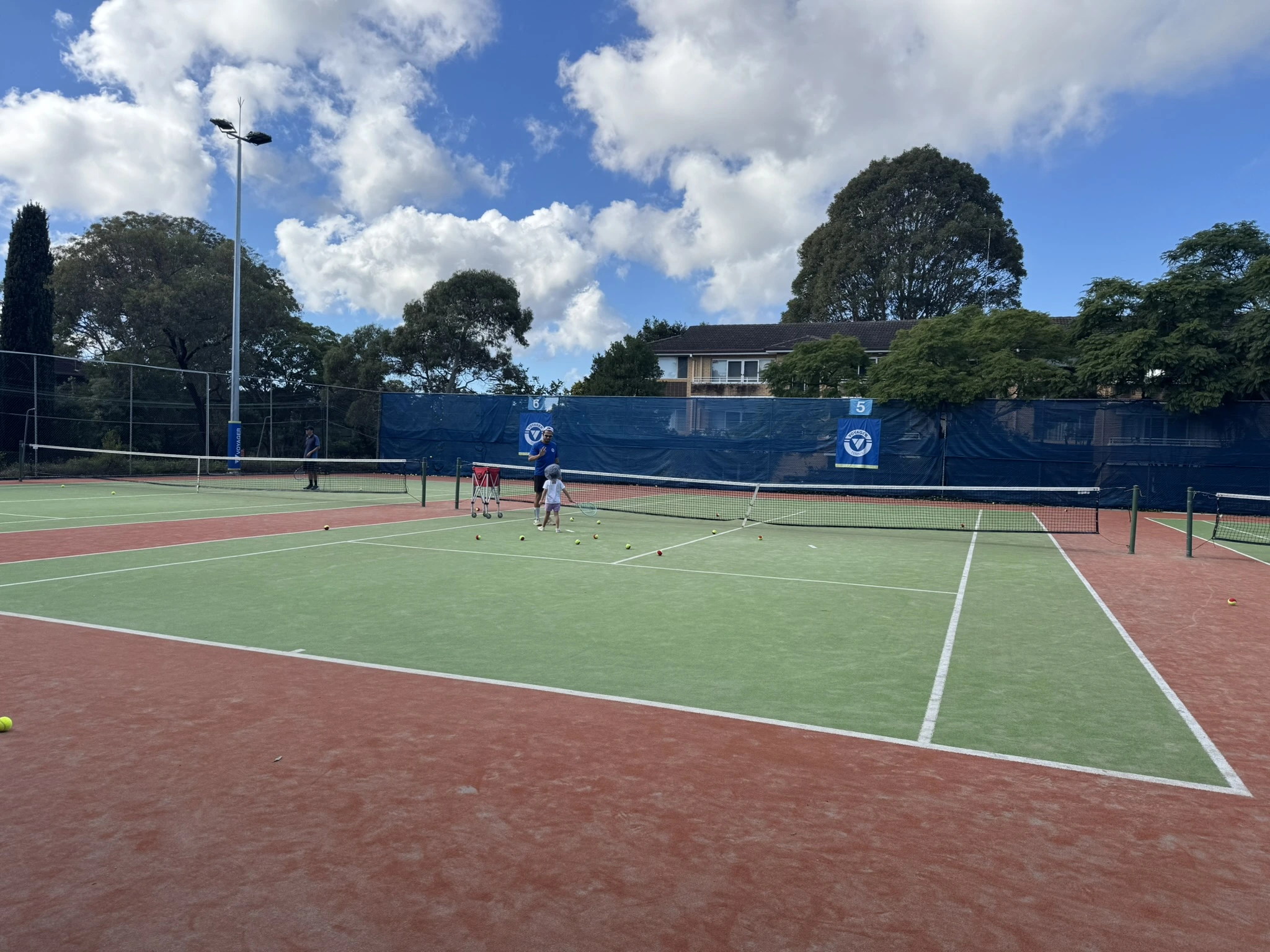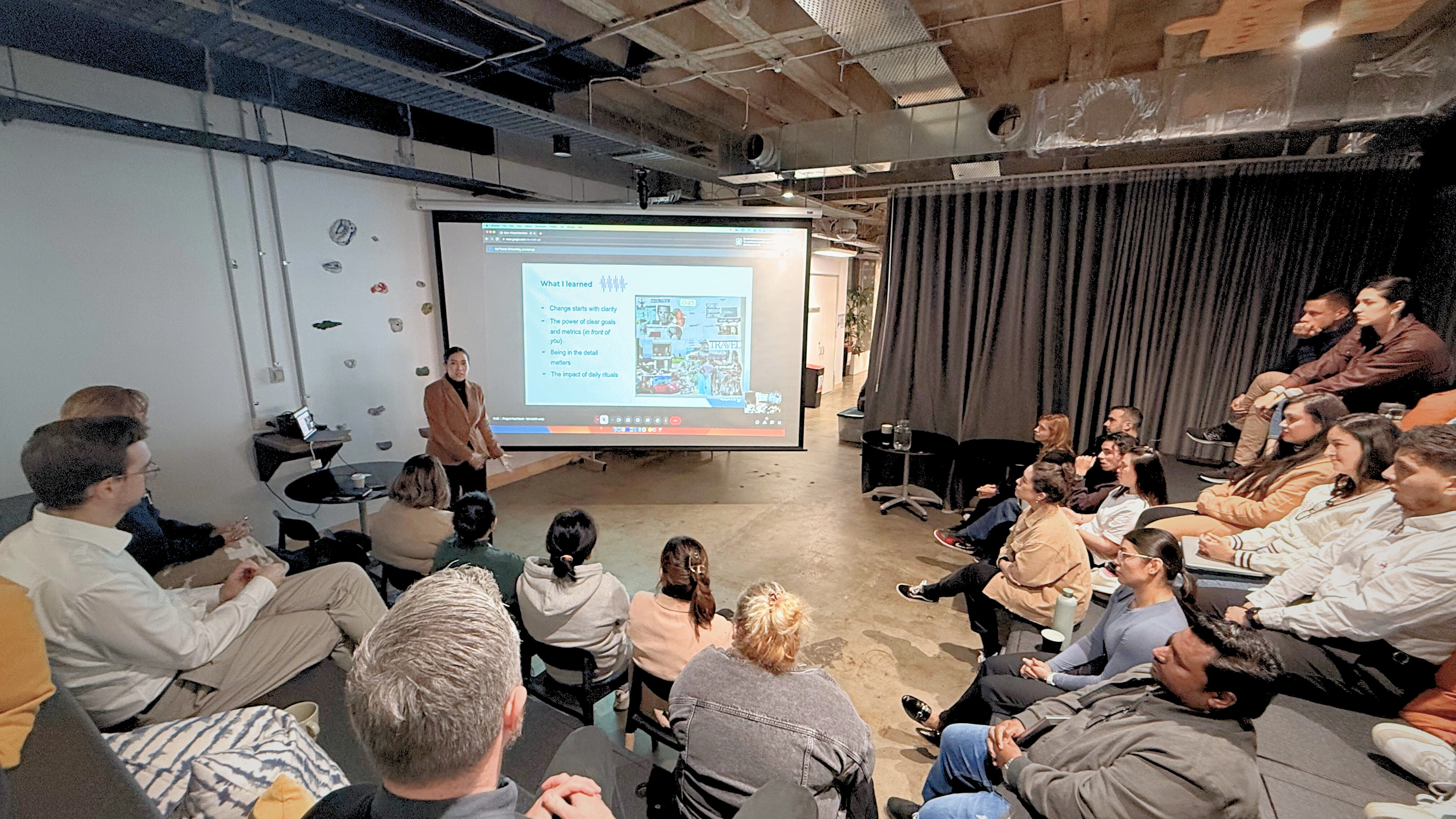What the tennis court reminded me about feedback
written: July 13, 2025
Published: September 30, 2025

This morning, as we walked onto the tennis court for Penelope’s 9:30 AM lesson, I was genuinely surprised. The court was ready, equipment set up, water chilled, and everything in place for her to begin on time. It was such a small detail, but it struck me immediately. A few weeks ago, this wasn’t the case.
Penelope’s lessons are meant to run for thirty minutes, but I started noticing that the coach was spending the first ten setting up and the last ten packing up. Effectively, she was only getting ten minutes of actual coaching. So I gave him feedback; kindly, but directly. I asked him to have the court ready when we arrived so that we could make the most of the time.
Today, seeing it all in place reminded me just how powerful feedback can be.
I learned this early in my career at Colgate-Palmolive; it was one of the first trainings we received as part of onboarding. Over the years, I’ve come to see feedback as one of the most transformative tools we have in leadership, in parenting, and in partnership. When it’s given with clarity and respect, feedback creates real change.
For me, being direct has become an important part of how I give feedback. Not harsh. Not sugarcoated. Just clear. I've come to believe that sugarcoating, while often well-intentioned, can actually underestimate the person you're speaking to. Respect doesn’t mean dilution. It means trusting that the person can handle honesty when it’s shared thoughtfully and with care.
There are a few things I try to hold when giving feedback: the tone, the words, and the relationship. With someone close, the language can be more personal. With someone less familiar (like Penelope’s coach), the feedback still needs to be clear but also anchored in mutual respect. Since that conversation, I’ve made an effort to also offer positive feedback when I see it, to acknowledge the effort he puts in and the progress Penelope is making.
That balance matters. If we only speak up when something is wrong, we miss the chance to build trust and reinforce what’s working. Feedback isn’t just a correction tool. It’s a connection tool.
What’s one piece of feedback you’ve been holding back, and how might you share it in a way that creates connection, not just correction?






